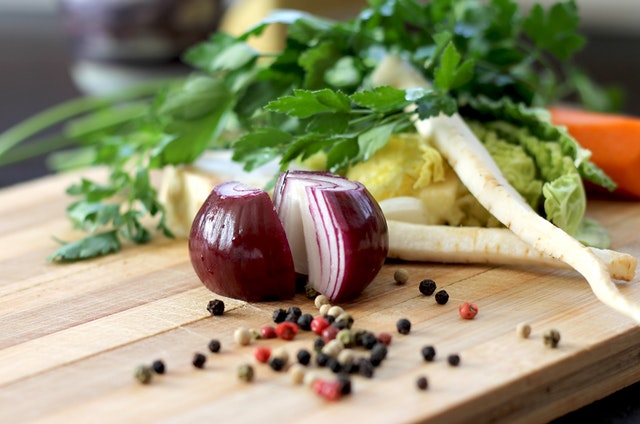Harnessing Natural Remedies to Combat Cold and Flu: Evidence-Based Approaches
The cold and flu season brings about the risk of viral infections that can impact health and daily life. Natural remedies, often derived from plants and traditional practices, have been studied for their potential in supporting the immune system and reducing the severity and duration of colds and flu. In this article, we will explore evidence-based natural remedies supported by peer-reviewed studies to fortify the body’s defense against these seasonal ailments.
- Herbal Remedies
Herbal supplements, such as echinacea and elderberry, have been extensively studied for their immune-boosting properties. Research published in the Journal of Herbal Pharmacotherapy (Hawkins et al., 2012) indicated that echinacea may reduce the risk of developing respiratory infections. Studies on elderberry, as highlighted in Nutrients (Tiralongo et al., 2016), have shown potential in reducing the duration and severity of flu symptoms.
- Vitamin C
Vitamin C is renowned for its immune-boosting capabilities. Research in Nutrients (Hemilä and Chalker, 2013) suggests that regular intake of vitamin C may reduce the duration and severity of colds. Citrus fruits, bell peppers, and supplements can be effective sources of this vital nutrient to support the immune system.
- Zinc
Zinc plays a crucial role in immune function and has been studied for its potential in fighting colds and flu. A review in Open Forum Infectious Diseases (Hemilä, 2017) indicates that zinc supplementation may shorten the duration of cold symptoms. Foods rich in zinc, such as nuts, seeds, and legumes, or zinc lozenges, can be considered as natural remedies.
- Honey
Honey has been used for centuries due to its antimicrobial and soothing properties. Studies published in the Cochrane Database of Systematic Reviews (Oduwole et al., 2018) suggest that honey may be effective in alleviating cough symptoms, particularly in children, and reducing the severity of upper respiratory tract infections.
- Probiotics
Gut health is closely linked to the immune system. Probiotics, such as lactobacillus and bifidobacterium strains, have been studied for their potential in reducing the risk and duration of respiratory infections. Research in Pediatrics (Rautava et al., 2009) demonstrated the beneficial effects of probiotics in preventing respiratory infections, particularly in children.
- Eucalyptus Oil
Eucalyptus oil has antimicrobial and anti-inflammatory properties. Inhalation or topical application of eucalyptus oil has been studied for its ability to ease respiratory symptoms. A study in Alternative Medicine Review (Juergens et al., 2014) showed that eucalyptus oil can alleviate symptoms of upper respiratory infections.
- Garlic
Garlic is renowned for its immune-boosting and antimicrobial properties. A review in the Avicenna Journal of Phytomedicine (Bayan et al., 2014) highlighted the potential of garlic in reducing the severity and duration of colds and flu, attributing its effects to allicin, an active compound in garlic.
Conclusion
Natural remedies, backed by peer-reviewed studies, offer a holistic approach to fortifying the body against the cold and flu season. Herbal remedies like echinacea and elderberry, along with immune-boosting nutrients such as vitamin C and zinc, can significantly reduce the severity and duration of infections. Additionally, the use of honey, probiotics, eucalyptus oil, and garlic can provide relief from symptoms and support the body’s immune response. Integrating these evidence-based natural remedies into your routine can empower individuals to bolster their immune system and minimize the impact of colds and flu during the challenging seasons.







